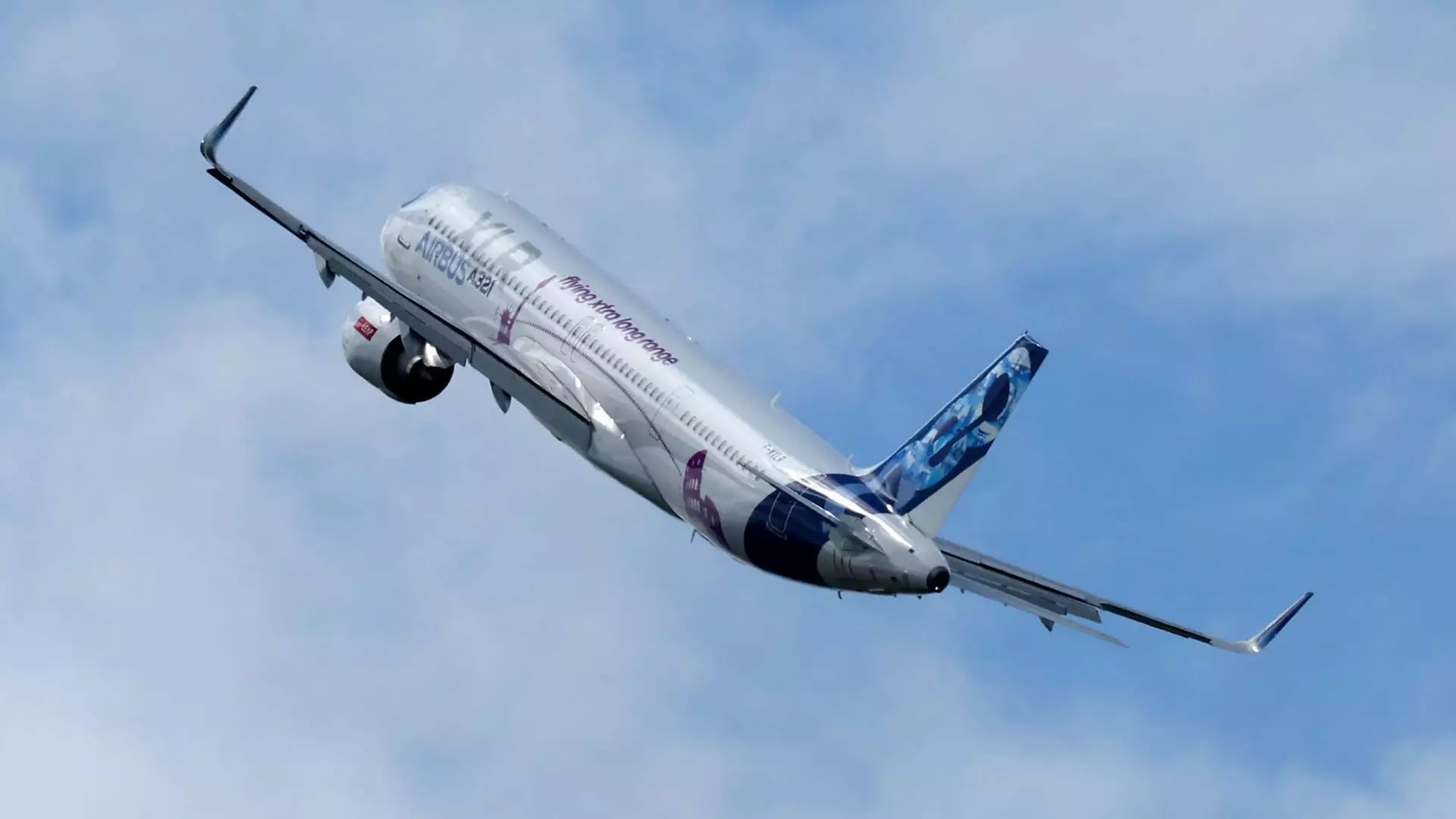The aerospace industry has been facing a series of challenges recently, with the focus shifting from massive airplane orders to struggles in production at Boeing and Airbus. The aftermath of the pandemic has led to seesawing output and difficulties in ramping up airplane production. Analysts are predicting that issues such as training new workers will take years to resolve, causing headaches for airlines, suppliers, and the manufacturers themselves. The shortage of new, more fuel-efficient planes is also a major concern in the industry.
One of the most significant indicators of the current state of the aerospace industry was the muted order tally at the recent air show. While Boeing managed to secure 96 orders and commitments, including previously made sales, Airbus only had 266 orders, a far cry from the 826 orders during the Paris Air Show a year ago. This decline in orders reflects the challenges faced by both manufacturers in meeting demands for new aircraft.
Both Boeing and Airbus are grappling with production strains, with a shortage of narrow-body jets like the Boeing 737 Max and Airbus A321neo expected to persist for much of this decade. The manufacturers currently have substantial backlogs of orders, with Boeing holding close to 5,500 planes and Airbus having more than 8,000 on order. The backlog combined with production strains indicates a long road ahead for meeting the demands of airlines and customers.
Boeing and Airbus are taking different approaches to address the challenges in production. Boeing, in particular, is focusing on ramping up production of its Max planes while dealing with a safety crisis and manufacturing defects that have slowed output. The loss of skilled workers due to the pandemic has also been a significant blow to the production process, requiring the manufacturers to train new employees. Airbus, on the other hand, is deploying more supply chain engineers among suppliers to address specific supply chain issues and ensure smoother production processes.
Moving forward, the aerospace industry faces a significant challenge in training new workers and overcoming supply chain issues to meet the demands for new aircraft. Both Boeing and Airbus need to invest in training programs and provide support to their suppliers to ensure a more efficient production process. The industry as a whole must address issues such as parts shortages and complex cabin interiors to improve the output of more fuel-efficient planes. It will be crucial for manufacturers to work closely with their supply chain partners and invest in the training of new employees to overcome the current crisis in the aerospace industry.
The aerospace industry is at a critical juncture, with challenges in production and supply chain issues threatening the future of the industry. It is essential for manufacturers to address these issues promptly and invest in training programs to ensure a more sustainable and efficient production process. Only by working together and innovating in response to these challenges can the aerospace industry overcome the current crisis and thrive in the future.

